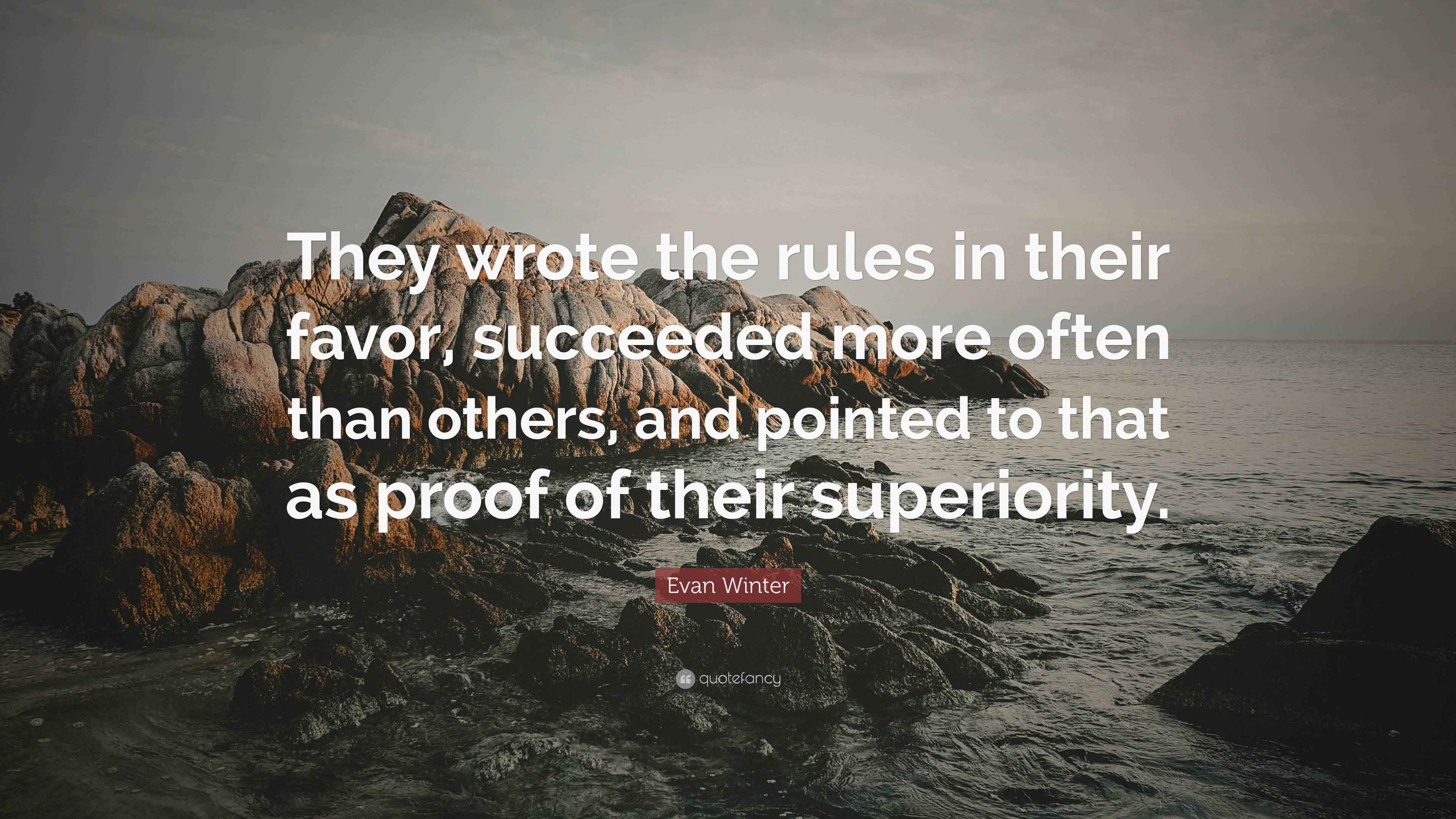In 2005, when Star Wars and Philosophy was published, one of the highlights was a chapter by Richard Dees, “Moral Ambiguity in a Black-and-White Universe.” Dees writes that the ordinary moral situations most of us face “can leave us ill-prepared to think about the difficult moral decisions which may confront us and which could prove to be the crucible of our moral characters.” Moral ambiguity points to weaknesses of most major ethical theories. It emerges on the heels of moral tragedy—where there is no choice productive of “good” results—but also when we face uncertain consequences for our actions, when we face an intractable moral dilemma, or when we confront cultural moral difference. Extending Dees’ original inquiry to the critically acclaimed Star Wars television series Andor, in which the conflict is not demarcated in terms of “light”
versus “dark” sides but grounded in more conventional social and political struggles fought by people who don’t have Jedi or Sith powers, it makes sense to connect the paths of several characters to thinkers who seem resurgently relevant today in the wider context of the authoritarianism that threatens democratic values and international stability. In so doing, we can illuminate how Andor is both a cautionary tale and a beacon of hope.
Writing well before Disney’s acquisition of the Star Wars IP, Dees uses Han Solo, Lando Calrissian, Anakin Skywalker, and Count Dooku as case studies in moral ambiguity. In the case of the first three, ambiguity “emerges when characters are basically good, but have to learn to get outside their egoistic tendencies.” Dooku, by contrast, “pretend[s] to be good to use the goodness of others against them.” Like Dooku, Syril Karn (Kyle Soller) and Lt. Dedra Meero (Denise Gough) are working for sinister Imperial forces, but are fully three-dimensional characters; Andor writer Tony Gilroy wanted it to be hard for audiences not to root for them. Yet it is not hard to envision Syril or Dedra agreeing with versions of the Nazi slogans that Adolf Eichmann, in Hannah Arendt’s telling, liked to parrot to the war crimes court. The Nazis were constantly told, “These are battles [against women, children, old people and other “useless mouths”] which future generations will not have to fight again.” Paradoxically, we may hope this pair fail to quash the nascent Rebellion while supporting their efforts to overcome their own personal and professional obstacles.
But what’s to root for? Dedra, daughter of Coruscant criminals, was at age three removed to an Imperial Kinder-block (a kind of fascist youth education commune). Syril was raised by a hectoring and uncaring mother, whom he detests. Although these unhappy family ties aren’t as key to the Star Wars storyline as those of Anakin, Luke, Leia, and Rey, the details make it easy to see that Syril and Dedra weren’t loved, as their contemporary Jyn Erso (Rogue One) was. “[T]hey really believe they’re doing the right thing, in the relative sphere of their own existence. They both come from a place of lack and a desire to be seen and recognized,” notes Soller in a Star Wars.com interview.
Desire and “lack” are important ideas in Simone de Beauvoir’s The Ethics of Ambiguity, where she contrasts two ideal types: the “serious man” and the nihilist. The nihilist sees humanity as “a lack at the heart of existence” and rejects his freedom, “forget[ting] that it is up to him to justify the world and to make himself exist validly.” Syril avoids the nihilism of his empty family life by overcorrecting toward another of Beauvoir’s ideal types—the “serious man.” The Empire is “something bigger” than the individual because Syril can lose himself by embracing its rules and regulations and ignoring the real human consequences of his actions, including involvement in the Rix Road Riot. Syril’s genuine sympathy with the resistance on Ghorman in season two wouldn’t redeem him in Beauvoir’s eyes, since, as she claims, the serious man is dangerous and prone to fanaticism. Syril isn’t attracted to the Ghorman resistance because it’s right, but because he sees in them kindred children trying to escape the repression of their Imperial “parent.” In the end, as Imperial stormtroopers massacre the Ghormans (spoiler alert!), Syril can do nothing but lash out in unfettered rage at the scapegoat for his failed life: Cassian Andor (Diego Luna).
Like most villains in Star Wars, Dedra and Syril are interested in power for its own sake. Both seem convinced that only “law and order” can bring peace to the galaxy, and the desire for rigor and authority, even in their personal lives, is reflected in dress styles and stiff manners. At one point, Dedra confronts Luthen Rael (Stellan Skarsgård) accusatorily: “‘Freedom?’ You don’t want freedom. You want chaos, chaos for everyone but you.” Dedra, although pitched by Gilroy as a “fascist” and a “badass,” faces a familiar problem of the privilege of others—of being a strong and intelligent woman in a patriarchal Empire. Her fellow (all male) Imperial Security officers under the command of Major Lio Partagaz (Anton Lesser) are not particularly competent, and she is constantly chagrined by this in light of her own strategic and intellectual superiority as she tries to prove herself through ruthless investigations of rebel activity on Ferrix and Aldhani.
This context isn’t quite enough to place Dedra as Star Wars’ Eichmann. She consistently strategizes against individual weak points of the Rebellion, as opposed to Eichmann’s full-throated devotion to the Holocaust. She’s often supported by Partagaz, such as when he asks Blevin, “I’m wondering where we’d be right now if everyone here showed the same endeavor as Supervisor Meero.” Like Partagaz, she prioritizes efficiency, not ideology, so Arendt’s key questions about Eichmann—whether he was “a textbook case of bad faith, of lying self-deception combined with outrageous stupidity?” don’t apply in her case. Ultimately, she’s punished not because she’s evil, but because in doing evil, she made one crucial mistake. She’s ultimately held responsible for her actions not by the Rebels, but by Orson Krennic (Ben Mendelsohn), whose blood runs far colder than hers, for the mistake of losing Luthen as a source of information on the Rebellion. The end of her career is perhaps one of the few moral tragedies the audience can root for.
But what about two of the putative heroes of Andor who serve as foils to Syril’s and Dedra’s ambitions? Luthen is undoubtedly the most morally ambiguous character seen to-date in the Star Wars saga, someone who admits, in fighting for the Rebellion’s future from the shadows of Coruscant,
I’m damned for what I do. My anger, my ego, my unwillingness to yield, my eagerness to fight, they’ve set me on a path from which there is no escape. I yearned to be a savior against injustice without contemplating the cost and by the time I looked down there was no longer any ground beneath my feet. What is my sacrifice? I’m condemned to use the tools of my enemy to defeat them. I burn my decency for someone else’s future. I burn my life to make a sunrise that I know I’ll never see.
A widely held moral axiom is that we may not do evil even if this brings about a greater good. As Socrates succinctly puts it, “it is better to suffer injustice than to commit it.” This axiom informs the tradition of just war theory, in which ethical parameters are delineated for not only going to war (jus ad bellum)but also conducting warfare (jus in bello). Some of Luthen’s choices don’t accord with jus in bello, such as ordering the assassination of a wealthy financier he fears will extort the Rebellion, or stoking the nascent resistance on Ghorman knowing that it’ll lead to a violent conflagration, or killing a mole within the Imperial Security Bureau who knows too much—all seemingly confirming Dedra’s appraisal of him. Luthen’s willingness to use the tools of his enemy to defeat it renders him less a hero than an anti-hero, someone we root for because we believe in their cause even if we don’t approve of all their actions in service of that cause. Such duplicitous moral assessment is easy from our living room sofas when not facing a true dilemma ourselves—a forced choice in which there is no clearly justifiable option. Yet, for those of us living in democratic societies that are becoming more authoritarian, even fascist, day-by-day, the dilemma presents itself of what are the appropriate means of combatting those who challenge the very institutions put in place to safeguard democracy and the authentic rule of law. Is former First Lady Michelle Obama’s decade-old slogan, “When they go low, we go high” a valiant call for moral and political idealism or just a naïve recipe for strategic defeat? Luthen’s answer is clear.
Cassian would seem to share Luthen’s ultra-pragmatic (not to be confused with Pragmatist) perspective as he too has admittedly “done terrible things on behalf of the Rebellion.” Yet, Cassian fights not merely for the moral and political ideals for which the Rebellion stands, but also out of love for those he cares about, such as Bix, Maarva, Melshi, and Jyn. In Star Wars and Philosophy Strikes Back, James Lawler argues that the motivation of love, not just passionate love for any one person—which occasions Anakin Skywalker’s downfall to become Darth Vader—but love for the Platonic ideals of truth, goodness, and beauty, orients the well-balanced soul to pursue justice even if it means suffering injustice … even to the point of death. Although, like Luthen, Cassian fights for a sunrise that he’ll never see, the final shot in Andor (which we won’t spoil) depicts the beauty exemplifying his moral growth throughout both the series and the film Rogue One.
Is there no counterpoint to these morally ambiguous characters, heroes and villains alike? Is there no way to combat injustice without getting one’s own hands dirty, to pass through the crucible of one’s moral character more refined than before? Mon Mothma (Genevieve O’Reilly), who works with Luthen to finance the Rebellion while maintaining her public role as an Imperial Senator, is the closest example Andor offers; though she too makes questionable compromises such as arranging a politically motivated marriage for her daughter (about which Beauvoir, for one, would have surely something to say!). Yet Mon remains fairly innocent of the violence surrounding her, as seen in her meme-worthy expression of shock when Cassian shoots her driver (an Imperial agent) as they escape from the Senate. This doesn’t entail weakness or lack of courage on her part, though. Rather, she exemplifies the type of courage Aristotle defines as the mean between Cassian’s occasional rashness and the cowardice Syril displays early on. As with any virtue, Mon understands that an action is only genuinely courageous if it follows from practical wisdom, which judges what specific action ought to be done, with the right sort of feeling, within a particular set of circumstances. Although Mon’s form of courage would have been of little use during the raid on Aldhani, it is precisely what’s needed in Senate when she publicly condemns Emperor Palpatine as “the monster who will come for us all soon enough.”
Andor provides an unparalleled study of the various moral characters who fuel both sides of the conflict between tyranny and democracy: from the true believers who become disillusioned to the unrepentantly ambitious; from those who surrender their own moral decency for a righteous cause to those motivated by love and the beauty of a just life. Regardless of where one falls on the spectrum of those who are actively complicit with an unjust regime—passively complicit as a bystander, or actively resistant using morally justifiable or unjustifiable means—Andor’s ultimate take-home lesson is that such a regime is doomed to fall one way or another because, as Rebel Karis Nemik (Alex Lawther) declares in his manifesto, “freedom is a pure idea” and therefore “authority is brittle”—as even Partagaz is forced to admit to himself. The morality of anti-authoritarian measures can be evaluated by how well they avoid undermining the very values for which one is fighting.
The post Ordinary Monsters in a Galaxy Far, Far Away first appeared on Blog of the APA.








